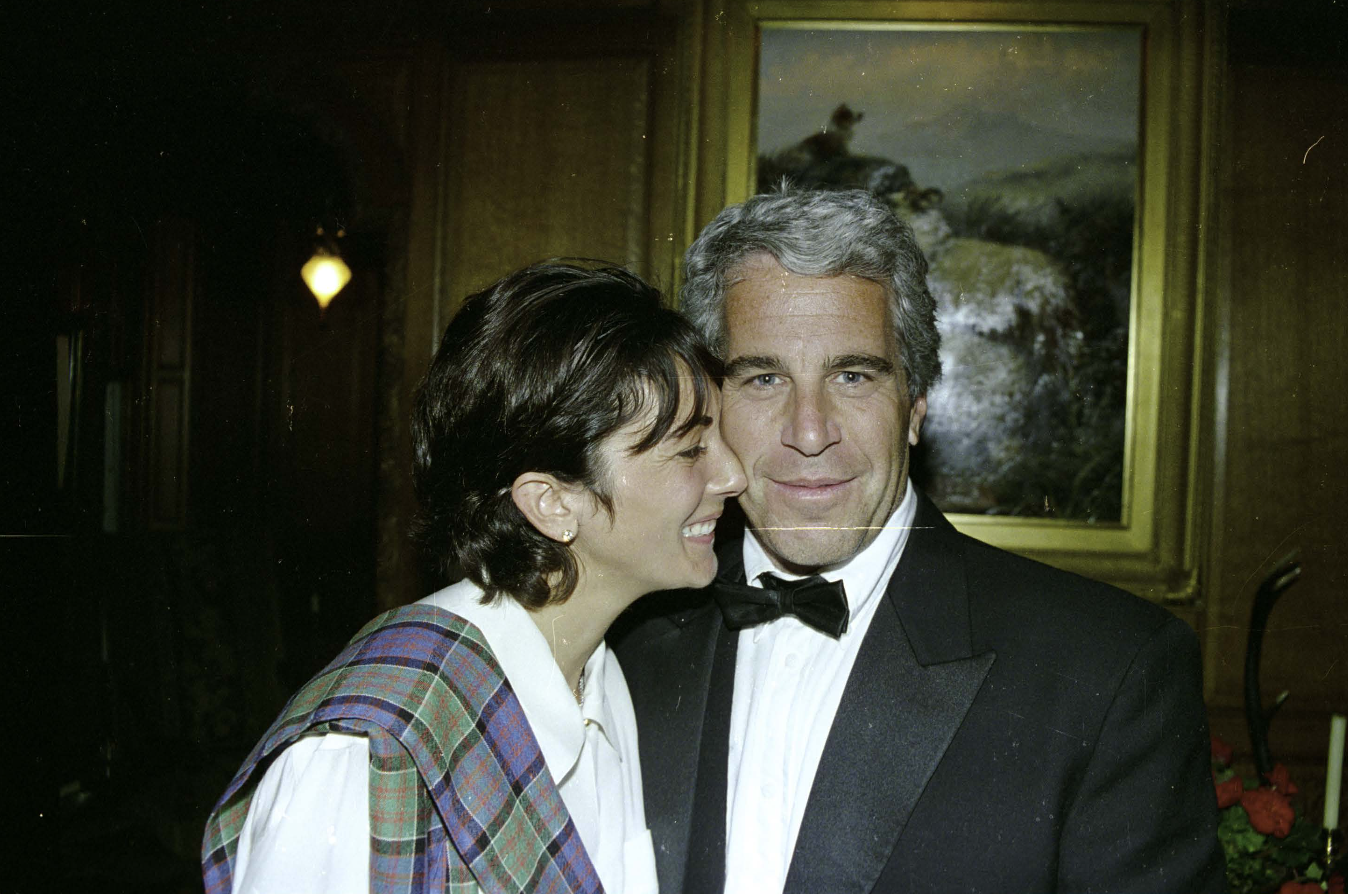I represented 8 Epstein victims. At Ghislaine Maxwell’s trial, I was glad to see an unusual legal tactic being used
At Maxwell’s trial, ‘Kate’ testified even though she can’t technically be seen as a victim. That’s a brave and important thing to do — legally and personally


Your support helps us to tell the story
From reproductive rights to climate change to Big Tech, The Independent is on the ground when the story is developing. Whether it's investigating the financials of Elon Musk's pro-Trump PAC or producing our latest documentary, 'The A Word', which shines a light on the American women fighting for reproductive rights, we know how important it is to parse out the facts from the messaging.
At such a critical moment in US history, we need reporters on the ground. Your donation allows us to keep sending journalists to speak to both sides of the story.
The Independent is trusted by Americans across the entire political spectrum. And unlike many other quality news outlets, we choose not to lock Americans out of our reporting and analysis with paywalls. We believe quality journalism should be available to everyone, paid for by those who can afford it.
Your support makes all the difference.“Kate” (not her real name) testified this week as an accuser in Ghislaine Maxwell’s high-profile sex trafficking trial in New York City. Maxwell is accused of overseeing a “pyramid scheme of abuse,” bringing young girls to her boyfriend Jeffrey Epstein for his sexual gratification. I was especially intrigued by Kate’s testimony as I am a lawyer representing many sexual abuse victims in high-profile cases, and she occupies a relatively new and unusual legal niche that helps us get justice against predators.
Kate said that Maxwell charmed her, invited her for tea at her London townhouse, lured her into a friendship, then passed her off to Jeffrey Epstein for years of “massages” that were really sexual abuse. At one point, Maxwell gave Kate, then eighteen, a schoolgirl outfit of a short pleated skirt, white panties and socks, because, Maxwell allegedly said, “I thought it would be fun for you to take Jeffrey his tea in this outfit.” “I didn’t know how to say no,” Kate testified, so she carried the tray to Epstein wearing the outfit, leading to another incident where he sexually abused her.
Harrowing stuff. Yet, to be clear: Maxwell is not on trial for anything she did to Kate. Because Kate had just reached the age of consent, she cannot be an official victim in the trial. In other words, Maxwell was not charged with grooming, recruiting or enticing Kate. Instead, Kate was allowed to testify as a “modus operandi” witness, to show that Epstein and Maxwell had a pattern, a habit, a practice, one that lured her in to their predations, just as it did for the three official victims in the case who were as young as fourteen at the time of their encounters with Epstein and Maxwell.
I have used “MO” witnesses like Kate in many of my sexual abuse cases. That’s what we call them in my New York lawsuits. In my California cases, we call them “me too” witnesses – a term that predates the MeToo movement but which nicely coalesces with it. In both states, and in many others, the law now recognizes the fundamental need to allow others with similar stories to bolster the accounts of primary sexual assault accusers. For example, in a recent trial against an entertainment industry billionaire I accused of workplace sexual assault, not only did my brave client, Chasity Jones, describe to the jury the groping, grabbing and sexualized language she endured in her workplace, but so did two other women who were not plaintiffs in the case, Elizabeth Taylor and Lauren Reeves. What did they get out of coming in to testify? Nothing but aggravation, re-traumatization and anguish, having to endure long, aggressive cross examinations by the defense attorney. (Just as Kate did.) But we won the trial, thanks in significant part to the decision of these women to stand with Chasity Jones. The jury gave us one of the biggest verdicts of the year, $11 million, a real vindication for women’s rights to workplace dignity.
Another client of mine, supermodel Janice Dickinson, testified as a “prior bad acts” (what MO witnesses are called in Pennsylvania) witness against Bill Cosby in his criminal trial, describing the day she says he drugged and raped her. As we then had a civil case pending against Cosby, most lawyers would have told her not to do it. But Janice and I agreed it was important to stand with the other accusers, and I helped her prepare for that scary courtroom. Cosby was convicted, based in part on Janice’s strong testimony, though it was later overturned on a legal technicality. (Ultimately we won a significant settlement in her civil case and two reported decisions enlarging the rights of California rape victims, proving the naysayers wrong.)
“Me too” witnesses change the case from a “he said, she said” to one with real backup for the primary accuser. They can make or break a case.
Most people do not want to be witnesses. They want to forget about traumatizing experiences and move on with their lives. They avoid our subpoenas and don’t want to come to court. Yet in many of my cases prior victims do come forward to stand with others. These witnesses are selfless heroes. And testifying is often an empowering growth experience for them and always inspiring to me.
So, Kate, whatever your real name is: I know you didn’t have to be there. I’m sure you would rather have been anywhere else on earth. But you did the brave, right thing.
I salute you.
Lisa Bloom is an attorney representing victims of discrimination, harassment and abuse. She successfully represented eight Jeffrey Epstein victims in litigation against his estate, and was inside the courthouse for the first week of the Ghislaine Maxwell trial.
Join our commenting forum
Join thought-provoking conversations, follow other Independent readers and see their replies
Comments